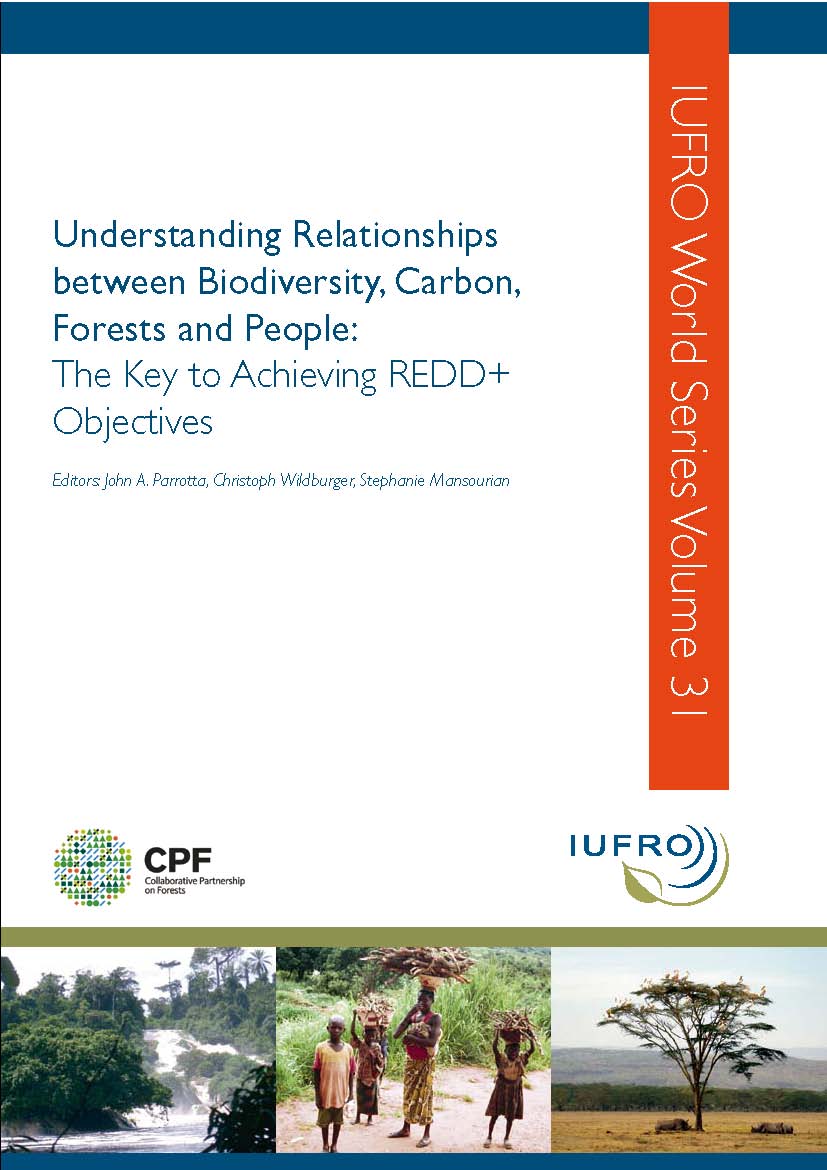The biodiversity and climate consequences of oil palm (Elaeis guineensis) expansion across South East Asia have received considerable attention. The human side of the issue, highlighted with reports of negative livelihood outcomes and rights abuses by oil palm companies, has also led to controversy. Oil palm related conflicts have been widely documented in Indonesia yet uptake by farmers has also been extensive. An assessment of the livelihood impacts of oil palm development, including sources of conflict, is needed to shed light on the apparent contradiction between these reports and the evident enthusiasm of farmers to join the oil palm craze thereby informing future expansion. We assessed the impact of oil palm development on the economic wellbeing of rural farmers in Indonesia. We found that many smallholders have benefited substantially from the higher returns to land and labour afforded by oil palm but district authorities and smallholder cooperatives play key roles in the realisation of benefits. Conflicts between communities and companies have resulted almost entirely from lack of transparency, the absence of free, prior, and informed consent and unequal benefit sharing, and have been exacerbated by the absence of clear land rights. We make specific recommendations to improve the present situation and foster the establishment of smallholder friendly production regimes. Oil palm expansion in Indonesia is set to continue. If environmental standards can be raised and policy interventions targeted at the broader social impacts of land development this expansion may be achieved to the significant benefit of large numbers of rural smallholder
DOI:
https://doi.org/10.1007/s10531-010-9815-z
Altmetric score:
Dimensions Citation Count:

Publication year
2010
Authors
Rist, L.; Feintrenie, L.; Levang, P.
Language
English
Keywords
agriculture, agroforestry, income, tenure systems, livelihoods, oil palms, rubber, rural development, shifting cultivation























